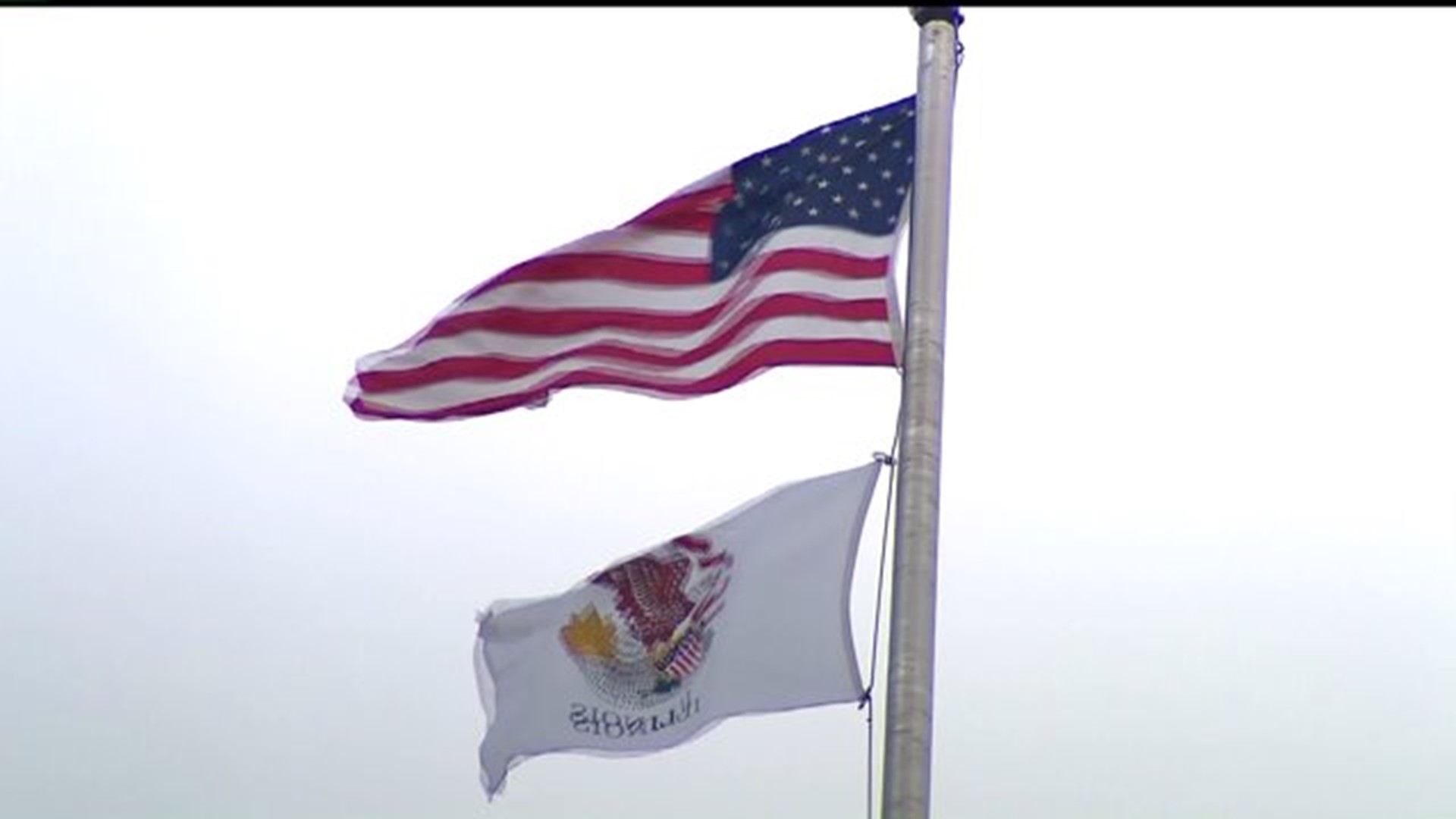The Illinois State Comptroller says the state owes $6 billion in overdue bills right now and communities across the state are getting tired of the fact that the check is not in the mail. Two local cities are being stiffed by the state and soon they may give Springfield an ultimatum.
In communities like Geneseo you pay your bill or you face the consequences. The continuing Illinois budget mess means the state isn't paying all of its bills, including the cost for utilities at an IDOT facility there.
"They`re putting us in a predicament to say that because you`re the State of Illinois that we should continue to provide those services even though you`re acknowledging flat-out you`re not going to pay the bill," said city administrator, Lisa Kotter.
Since Geneseo generates its own water and power everyone in the city is subsidizing the costs when the state doesn't pay.
"We actually have to go out purchase electricity," said Kotter.
It's the same story for East Moline. It hasn't received a payment from the state since July.
"They`re not paying any water or sewer," said the city's administrator Cole O'Donnell.
The state is about $130,000 behind in paying for its water and sewer bill at the East Moline Correctional Center.
"It impacts us but our budget for sewer and water revenues is $5 million, so they`re a couple hundred thousand dollars behind. It`s significant but not that significant," said O'Donnell.
O'Donnell says cutting off service to the prison isn't an option; however Geneseo is starting to see things differently. They'll start implementing late fees to the state and could go a big step further and threaten a utility cut-off.
"Should we continue to have to provide service to a department of transportation building for someone that`s not paying." said Kotter.
Both cities see it as a matter of equality and all of its users are equal, that includes the state.
The late payments could prove costly. The state may owe cities interest for not paying the bills on time.

